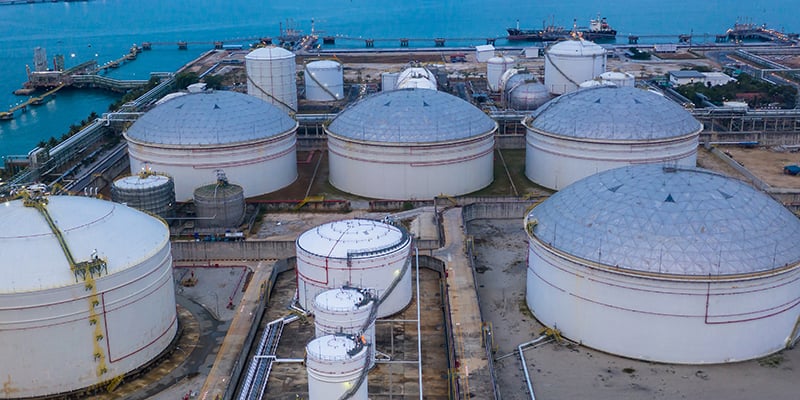Since the publication of our recent client alert outlining the energy policies (in particular, policies in the oil, power and gas sectors) proposed by the UK, the EU, certain individual EU member states and the G7, a number of new policies have been introduced, as outlined below.
Again, this update is not intended to be an exhaustive list but instead, a high-level summary of headline policies. If you would like any further information regarding specific policies outlined below, please get in touch, and we will be happy to assist.

UK
- The UK government will provide a discount on wholesale gas and electricity prices for all non-domestic customers under its Energy Bill Relief Scheme. The government has set a ‘supported wholesale price’ – expected to be £211/MWh for electricity and £75/MWh for gas – which is a discounted price per unit of gas and electricity (equivalent to the wholesale element of the energy price guarantee for households). It includes the removal of green levies paid by non-domestic customers who receive support under the scheme. The level of price reduction for businesses will vary depending on contract type and circumstances. Customers do not need to contact suppliers or apply to the scheme to access the support – support (in the form of a p/kWh discount) will automatically be applied to bills.
EU
The European Council has approved the following measures (with a formal regulation to be adopted by written procedure in the coming days). Note that the below measures will apply from 1 December 2022 to 31 December 2023, save that the electricity demand reduction will apply until 31 March 2023, and the mandatory cap on market revenues will apply until 30 June 2023.
- A voluntary overall reduction target of 10 per cent of gross electricity consumption and a mandatory reduction target of 5 per cent of gross electricity consumption during selected peak hours (covering at least 10 per cent of the hours of each month where prices are expected to be the highest) have been introduced. Member states will identify 10 per cent of their peak hours between 1 December 2022 and 31 March 2023, during which they will reduce demand. Member states will be free to choose the appropriate measures to reduce consumption for both targets in this period. Note that Cyrus and Malta are exempt from the mandatory reduction during peak hours target.
- Market revenues are to be capped at €180/MWh for electricity generators, including intermediaries that use inframarginal technologies to produce electricity, such as renewables, nuclear and lignite. Note that gas-fired power plants will be exempt from this market price cap. If a member state’s net import dependence is equal to or higher than 100 per cent, it must conclude an agreement by 1 December 2022 to share the surplus revenues adequately with the exporting member state. A market price cap for gas has not been proposed at EU level.
- A mandatory temporary solidarity contribution on the profits of businesses active in the crude petroleum, natural gas, coal and refinery sectors has been introduced. The solidarity contribution is to be calculated on taxable profits (as determined under national tax rules) in the 2022 or 2023 fiscal year which are more than 20 per cent higher than the average yearly taxable profits since 2018. The solidarity contribution will apply in addition to regular taxes and levies applicable in member states. Proceeds from the solidarity contribution must be used to provide financial support to households and companies and to mitigate the effects of high retail electricity prices. Note that member states can retain national measures that are equivalent to the solidarity levy provided they are compatible with the objectives of the regulation and generate at least comparable proceeds.
- Member states may temporarily set a price for the supply of electricity to small and medium-sized enterprises to further support SMEs struggling with high energy prices. Member states may exceptionally and temporarily set a price for the supply of electricity at below cost.
